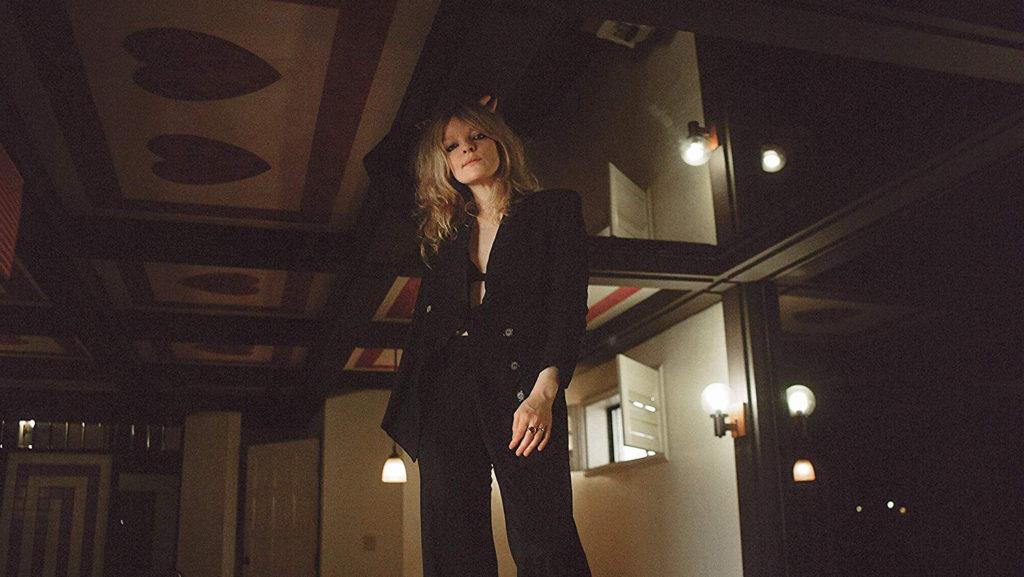It’s easy to listen to Jessica Pratt and forget the world around you.
The folk singer-songwriter released her much-anticipated album, “Quiet Signs,” on Feb. 8. “Quiet Signs” comes after Pratt’s previous LPs, which were praised for their atmospheric sound and emotional grit. “Quiet Signs” also marks the first of Pratt’s works to be recorded in a proper, professional studio, a decision which lets the album be fully realized as a dreamy, transformative experience.
Pratt’s style is entirely unique and finds a middle ground between 60s folk and contemporary indie. Her debut LP, eponymously titled “Jessica Pratt,” was released in 2012 and was a more grounded listening experience. Armed with few instruments and a hypnotic voice, Pratt established then that she’s here to stay. In 2015, Pratt released “On Your Own Love Again,” which felt like a time capsule from the renaissance of new folk. “Quiet Signs” builds upon Pratt’s own distinct artistry and becomes her most well-realized endeavor yet.
The first track, fittingly titled, “Opening Night,” consists entirely of a lush piano instrumental. The song remains low-key, avoiding catapulting into a swelling climax or a flourish of melodies. Though entirely of Pratt’s design, it resembles tracks from various old-time movies. It’s an intimate and contemplative introduction to a world of Pratt’s making.
Tracks like “Fare Thee Well” and “This Time Around” also showcase Pratt’s willingness to bend the rules of the folk genre, creating a type of soft pop–folk hybrid. Quiet harmonies sit behind the lullaby-like nature of Pratt’s storytelling. The chorus of “Fare Thee Well,” “I’ve been years on the wrong side and I/ I used to see a cause and a call/ Now, I know it’s over now/ Hard to notice you in the crowd,” details a mysterious, former lover who Pratt can no longer recognize. The chorus of “This Time Around” also shows a surprising and subtle emotional insight into the singer. “I don’t wanna try no longer/ Your songbird singing the darkest hour of the night/ I don’t wanna find that/ I’ve been in marching/ Under the crueler side of the fight/ It makes me want to cry,” isn’t Pratt spilling her guts to the listener all at once, but instead is a nuanced, intimate confession that sticks with the listener long after the song ends. It’s both a tangible and abstract admission of self that solidifies Pratt’s undeniable strengths in songwriting.
Before you can even think that a track has gone on too long, Pratt gracefully transitions to the next. Its 27-minute run time is sparse but incredibly effective. Each song has its own story to tell, and Pratt lets them unfold as naturally as possible.
While Pratt grants the listener a passport to the idyllic landscapes of her imagination, the lyrical content of the album is often shrouded in worry and doubt. However, that’s not to say that the album is inherently depressing. Pratt’s voice and instrumentals give a sense of subtle optimism and offer a soft reassurance that whatever troubles lie ahead might not be so bad.
Listening to “Quiet Signs” is mellow and incredibly intimate, and it feels like the listener is in a room with Pratt herself. Whether listening from a record player or just with headphones in, the atmospheric quality of Pratt’s artistry alone is enough to make the listener feel warm long after “Quiet Signs” ends.




















